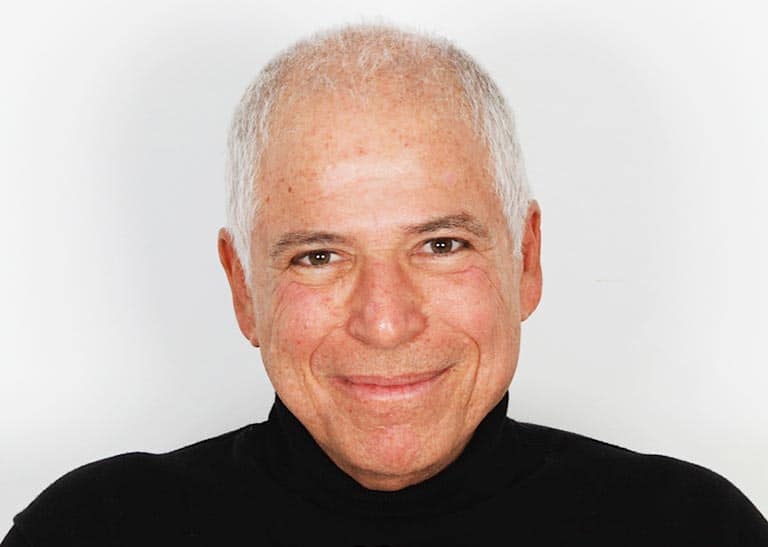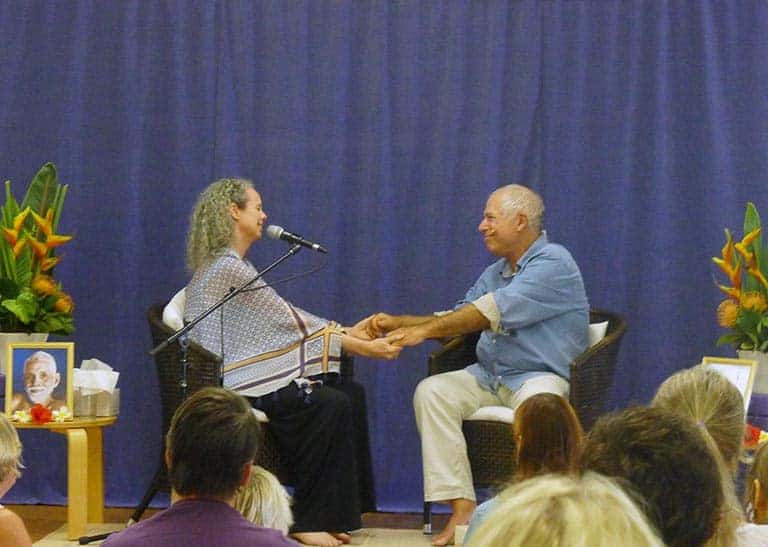Conscious Connection Magazine, June 17, 2018
Our Declaration of Independence states that we are all created equal and enjoy the rights of “life, liberty and the pursuit of happiness.” The sad joke here is that the “pursuit of happiness” almost never leads to lasting happiness, whether for George Washington or anyone else. Before we examine why that is, and a way to true happiness, a disclaimer from me: I grew up neurotic and unhappy with no expectation of ever being happy. I looked around and saw that no one that I knew was happy and everyone was faking it. So I gave up on happiness at a very early age. And yet, I have actually found true happiness and fulfillment. This has been my condition for almost thirty years through all the vicissitudes of life. That does not mean having a smiley face all the time nor does it mean not feeling sadness, pain or anger as there is a time for everything. I was not happy about having cancer and facing my death, but it also did not touch the underlying bliss of life. This happiness is everyone’s birthright.
The First Trap – Looking for Happiness in Circumstances
Looking for happiness in your circumstances will never lead to lasting happiness. When you believe that someone or something can bring you happiness, then your happiness is conditional on that circumstance or person, and we know that circumstances and people change. Even when they do not immediately change, we often no longer find happiness in what made us happy just moments before. This is the great trap of searching for happiness in an “other,” whether we call them lover, partner, husband, wife or child. We often search for happiness in partnership and when it fades we turn to children, and then more children, trying to fill a void that can never be filled by another, no matter how much we may be loved. Being loved is wonderful and nourishing and I recommend it heartily. I love being loved. But it does not lead to permanent happiness.
The Second Trap – Trying to Get Rid of Negative Emotions
The second trap in the pursuit of happiness is trying to get rid of negative emotions. We don’t want to be angry, fearful, resentful or lonely, so we do things to try and make those feelings go away and not come back, or we cover the feelings with distractions. But it never works. Here is why according to the Dalia Lama. When asked what is the cause of negative emotions he said there are two root causes: first, a personal self-centered egoic sense of “me,” and second, a belief that what is appearing is real. Find any time in your life when you felt a negative emotion and examine the moment, and you will see that there is a “someone” who wants things to be different. This “someone” also believes that one’s interpretation or story is real. We believe our senses even when proven that the senses are not accurate. Our senses tell us when we watch a sunset that the sun is sinking into the ocean or behind the mountains, and yet we know that this is not the case, it just appears this way. The people and places that we believe that we see and want to change are just as illusory as the appearance of the sun moving around the earth. If we for a moment drop the sense of “I” and drop the projection of our story of reality onto what appears, where are negative emotions?
The Third Trap – Confusing Pleasure with Bliss
The third trap in the pursuit of happiness is based in a lack of our distinction between pleasure and bliss. One of my teachers in the seventies, Joseph Campbell, famously said, “Follow your bliss.” This was misunderstood to mean follow your pleasure or your desires. To find your bliss you must search deeper than desire or pleasure to find what is truly meaningful for you and will give your life meaning. Most of us lead meaningless lives, trying to find pleasure in our relationships, family, work and children. We are potentially more than just breeding machines but to discover that is to break out of all the conditioned and biological desires and impulses that keep us straight-jacketed into a narrow suffocating identity as a child, parent or partner. When we follow our deepest bliss, we are willing to leave the safety of the known, and to step into the vast unknown in pursuit of what we love more deeply than our comfortable, conditioned existence. This crossing the threshold of the known world is what Joseph Campbell was calling us to discover.
The Fourth Trap – Wanting to be Different from what we are now
The fourth trap in the pursuit of happiness is trying to be different. We believe if only we could be more in the now, or more compassionate, or more mindful, or a better yogi, or more spiritual, that it would make us happy. Yet it never works. We are never enough, never in the now enough, never spiritual enough. The reason is because we cannot change who we are to discover true happiness. Let’s examine this idea of “being in the now.” Science shows us that whatever we hear or see or feel starts out as a wave of energy, or sound, or light that reaches us through time, gets taken in as an electrical impulse, gets interpreted in the brain and then we say, “I see, I feel, I hear,” but it is already all past by the time we make sense of it. So we are only “in the now” when there is no time and no space and no “me.” This is where true happiness is found.
The Fifth Trap – Missing the One who is Searching
The fifth trap in the pursuit of happiness is looking for happiness in the wrong direction. Instead of searching for happiness, if we turn towards the one searching for happiness we will find the treasure. “Who wants happiness?” is a question rarely asked. In order to examine who we are, we have to drop the idea of happiness itself and instead pick up the search for our true identity. When happiness is secondary to truth, we will find what we are searching for, the answer to “who is searching.” When we realize this, and commit ourselves to staying true to our true selves, happiness comes as a by-product. When you stop searching for happiness and instead give yourself to Truth, happiness finds you and you will realize what it means to live a life of fulfillment. The bliss of self-knowledge gives rise to true happiness. When you stop trying to fix or satisfy “me” you will put yourself in service of something larger then “me.” Truth, Love, and Freedom are all aspects of yourself that shine unmodified, complete and not needing anything. This is the true happiness that the whole world is searching for and it is possible for you.


